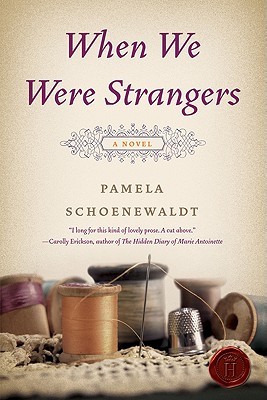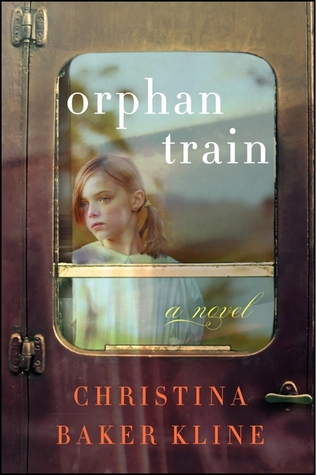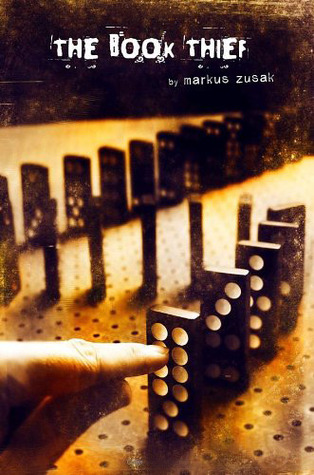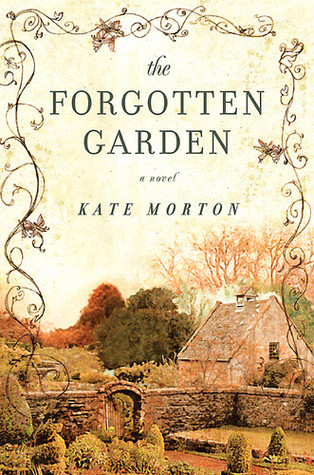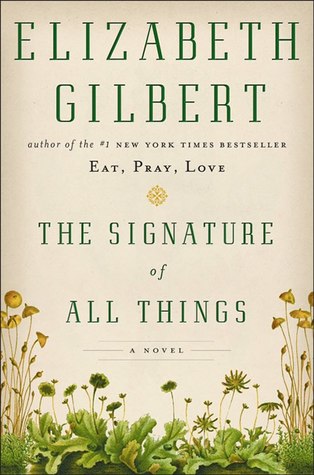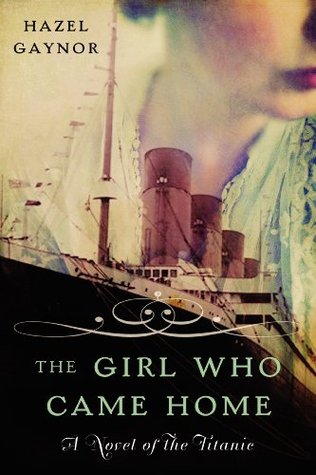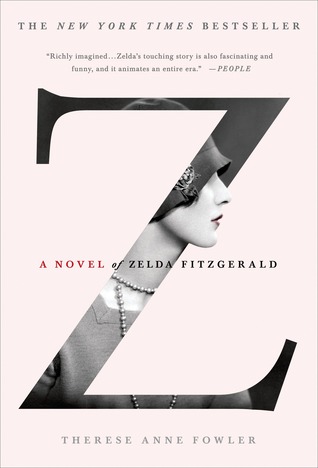The Hurricane Sisters: A Novel
 Synopsis:
Synopsis:
Best friends since the first day of classes at The College of Charleston, Ashley Anne Waters and Mary Beth Smythe, now 23 years old, live in Ashley's parents' beach house rent-free. Ashley is a gallery assistant who aspires to become an artist. Mary Beth, a gifted cook from Tennessee, works for a caterer while searching for a good teaching job. Though they both know what they want out of life, their parents barely support their dreams and worry for their precarious finances.
While they don't make much money, the girls do have a million-dollar view that comes with living in that fabulous house on Sullivans Island. Sipping wine on the porch and watching a blood-red sunset, Ashley and Mary Beth hit on a brilliant and lucrative idea. With a new coat of paint, the first floor would be a perfect place for soirees for paying guests. Knowing her parents would be horrified at the idea of common strangers trampling through their home, Ashley won't tell them. Besides, Clayton and Liz Waters have enough problems of their own.
A successful investment banker, Clayton is too often found in his pied-a-terre in Manhattan--which Liz is sure he uses to have an affair. And when will Ashley and her brother, Ivy, a gay man with a very wealthy and very Asian life partner--ever grow up? Then there is Maisie, Liz's mother, the family matriarch who has just turned eighty, who never lets Liz forget that she's not her perfect dead sister, Juliet.
For these Lowcountry women, an emotional hurricane is about to blow through their lives, wreaking havoc that will test them in unexpected ways, ultimately transforming the bonds they share.
My Review:
I love Dorothea Benton Frank. She has a way of bringing to life these wonderful characters straight from the South. This book was fun. I found that I couldn't wait to listen each day. This is one that I experienced as an audiobook because I wanted to hear it read with that wonderfully charming South Carolina accent that I absolutely love.
The book revolves around the matriarch of the family 80+ year-old Maisie Pringle, her daughter Liz and her husband Clayton as well as Liz and Clayton's kids Ashley and Ivy and their life as life-long residents of the South Carolina low country. Liz and Clayton have a marriage that has become so dull that Clayton has an affair with an old friend of Liz's. Liz, however, is trying to cope with life as a woman in her 50s who is no longer a mother needed by her children or her husband for that matter. She starts as a career she loves working with a battered women's shelter. Ivy has a minor role in the story but he is the great brother and son anyone would love to have. Always offering support and great advise. However, the story is primarily about Ashley. Maisie's granddaughter and Liz's daughter in her early twenties. She makes some very naive choices about a particular man that she has put on a pedestal he did not deserve. But with the love of her family and her mother, grandmother, best friend and brother's support, she is able to learn from the experience and do the right thing. Ultimately, the story of the hurricane sisters is about empowering women regardless of poor choices made in the past. It's about forgiveness and loving your family above all. It was a wholesome book but tackled some important topics (infidelity, verbal and physical abuse, date rape, and the victimization of women by men with power) with sensitivity, tact and grace. Overall, it was a fun read with some great messages.

